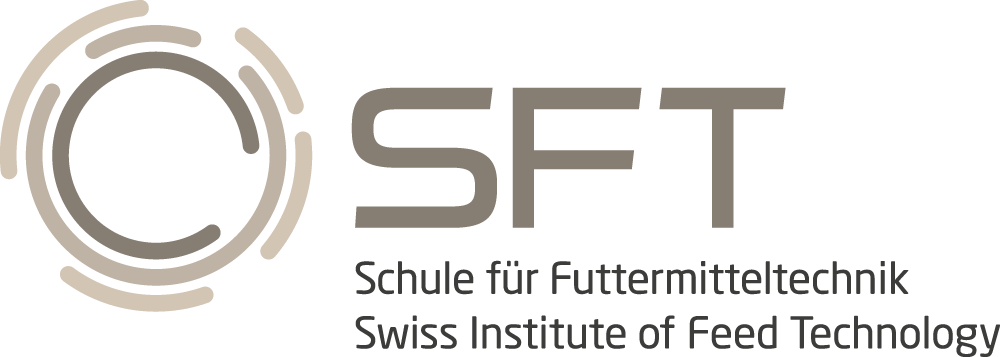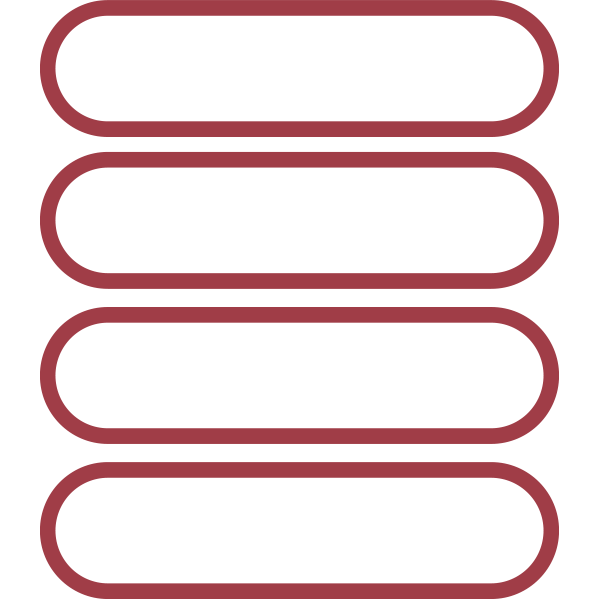
Next course dates- SMS03/26 DE “SMS goes SFT” Diplomkurs für SMS Absolventen:
KORRESPONDENZKURS
Dez. 2025 – Feb. 2026
INTENSIVKURS
02.03. – 27.03.2026
Next course dates – SMS04/26 EN “SMS goes SFT” Diploma Course for SMS graduates:
CORRESPONDENCE COURSE
Jun – Aug 2026
INTENSIVE COURSE
14.09. – 09.10.2026
Aim of this advanced training is to provide graduates of the Swiss School of Milling SMS, in addition to their existing knowledge and experience, theoretical and practical expertise in feed technology and thus to expand their professional competence.
Due to the constant change and increased consolidation of feed mills, it is of particular importance to meet the increasingly higher demands regarding end product quality and variety as well as the ever more demanding market competition. The resulting changes in the production facilities require highly trained, flexible and broadly based professionals and managers in the field of process engineering.
As a result, graduates are in a position to take over management functions in various production areas due to their additionally acquired technological expertise in the field of feed milling. Furthermore, they benefit from scientific knowledge tailored to the activity in compound feed production.
The Swiss Milling School (SMS) and the Swiss Institute of Feed Technology (SFT) have decided to offer SMS graduates the opportunity to obtain the SFT diploma as “Feed Production Engineer” at reduced time and costs in addition to their diploma “Milling Technologist SMS”.
Building on the knowledge already acquired at SMS in flour milling technology, the SFT offers a complementary technical training focusing on feed production, which requires a minimum absence from the workplace. In this four-week intensive course, graduates will be provided with the prerequisites to understand and operate all modern process technologies and processes in a compound feed plant and to apply them in practice.
Advantages of the cooperation:
A preparatory course of about 12 weeks prece-des the intensive courses and starts approx. three months in advance. It is designed to refresh existing basic knowledge and teaching new aspects. Students are committed to send part of their work according to a time schedule to the course-management.
The knowledge gained during the preparatory courses serves as a basis for the subsequent intensive courses.
In the intensive courses, the students receive selective training in all important areas of modern feed manufacturing technology. The emphasis of training is on process technology and flow sheet design. The practical training offered in addition to theory enables students to understand the working principle of machinery, to discuss test results, and to familiarize themselves with modern laboratory methods.
Prerequisite for the participation in the diploma course is the successful completion Swiss Milling School SMS diploma course in St. Gallen. As a rule, no more than 20 students are accepted per course, which means that individual support for course participants can be guaranteed.
Previous training as a production and operations manager, trained feed miller, flour miller, or in related professions in the grain processing industry (millwright, maintenance personnel, etc.) is advantageous.

Language
English

Participants
14 – 20 persons

Audience
SMS graduates

Duration
June to October

Costs
CHF 4’990

Venue
Training Center
Uzwil, Switzerland
CHF 4’990
Included are course materials for the preparatory and intensive course, drinks (coffee, water, tea), local field trips and costs of accident insurance. Not included are hotel accommodation, travelling expenses, living costs and costs of health insurance.
Approximate weekly costs of living, depending on the student‘s individual needs.
Hotel incl. breakfast
CHF 300.00 to 850.00
Food / pocket money
CHF 350.00 to 500.00
The successful graduation from the Swiss Milling School in St. Gallen is obligatory in order to attend the course.
The SFT reserves the right to reject candidates and to change the admission conditions.
Enrolment has to be made latest mid November of the previous year and becomes definitive on receiving of the payment.
Payment is due at the latest 6 weeks prior to the beginning of the course.
Cancellation fees (in % of course fee)
within 4-6 weeks prior to the beginning: 10 %
within 2-4 weeks prior to the beginning: 25 %
within 2 weeks prior to the beginning: 50 %